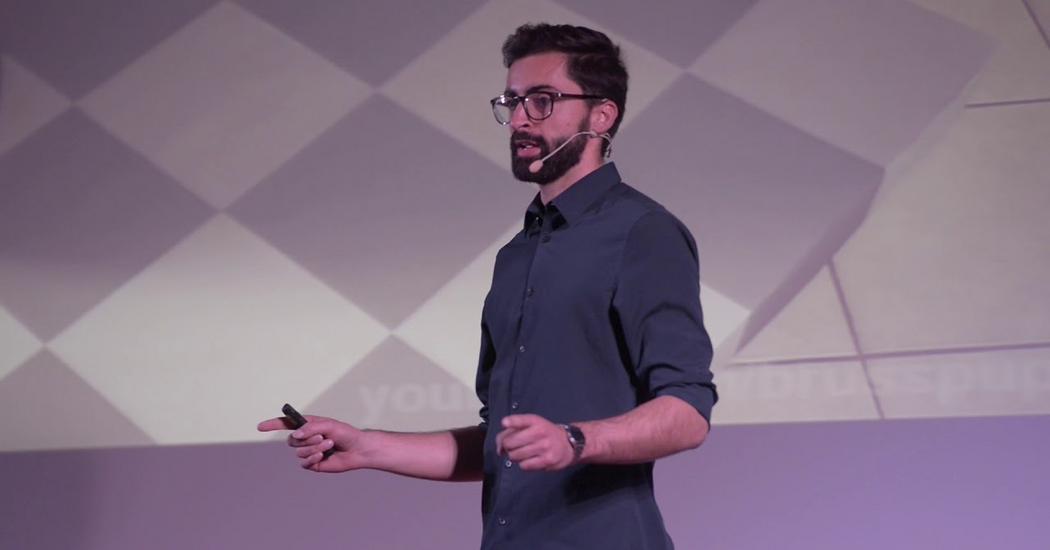
Pain – it is an integral part of every human’s life around the world, yet we don’t know much about it other than the fact that it hurts! Through his experience as a physical therapist, Luca Morandini delves into the world of pain, explaining the myths about it, what pain truly means, and how to manage it. A professional physiotherapist, Luca has always been intrigued by the science of pain.
Luca Morandini, born and raised in Florence, has been passionate about science in general since childhood. He studied physiotherapy at the University of Florence, and earned a masters degree in Manual therapy applied to the dysfunctions of the neuromuscoloskeletal system. Luca is passionate about athletics, travel, animals and the physiology of pain.



